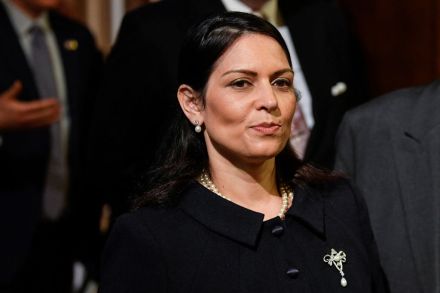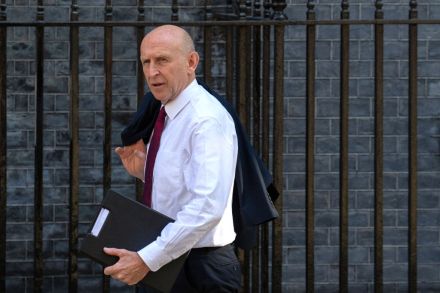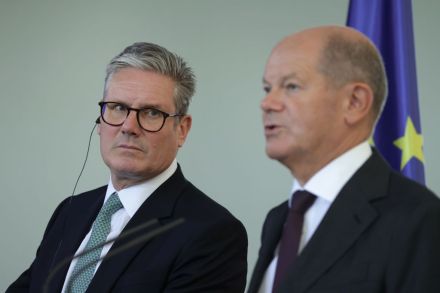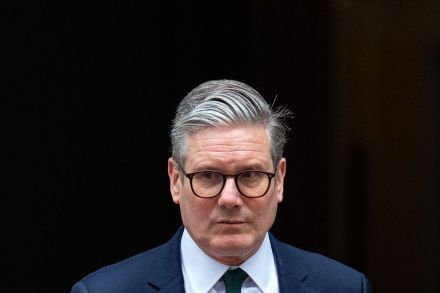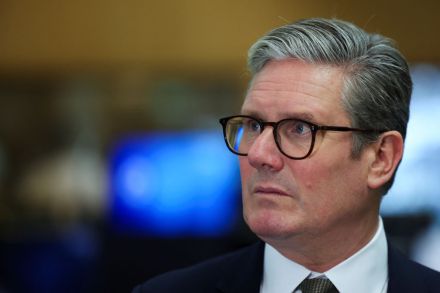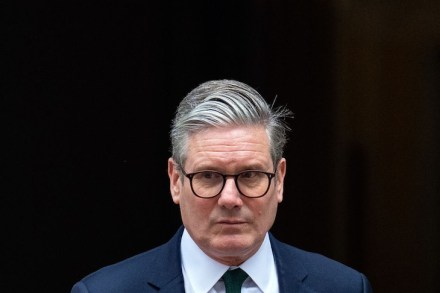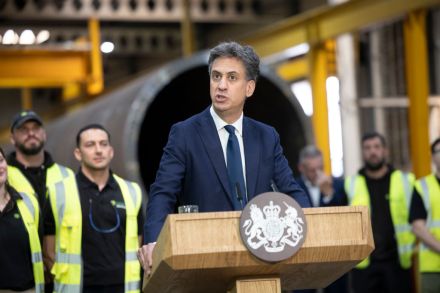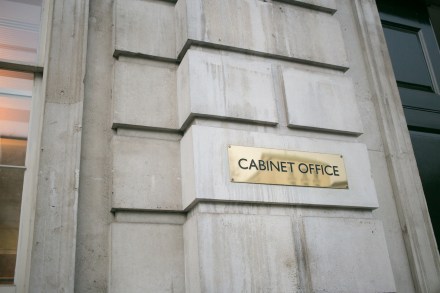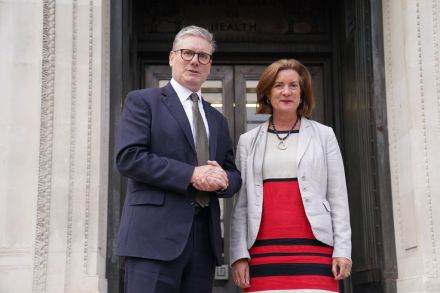Tory leadership race latest: Priti out
14 min listen
The first round of the Conservative leadership race has seen Dame Priti Patel eliminated with the fewest votes. Robert Jenrick came out on top but, with a second vote taking place on Tuesday, where could Patel’s supporters go? Who could get eliminated next? Will ‘Melmentum’ build? Oscar Edmondson speaks to Katy Balls and James Heale. Produced by Patrick Gibbons and Oscar Edmondson.
